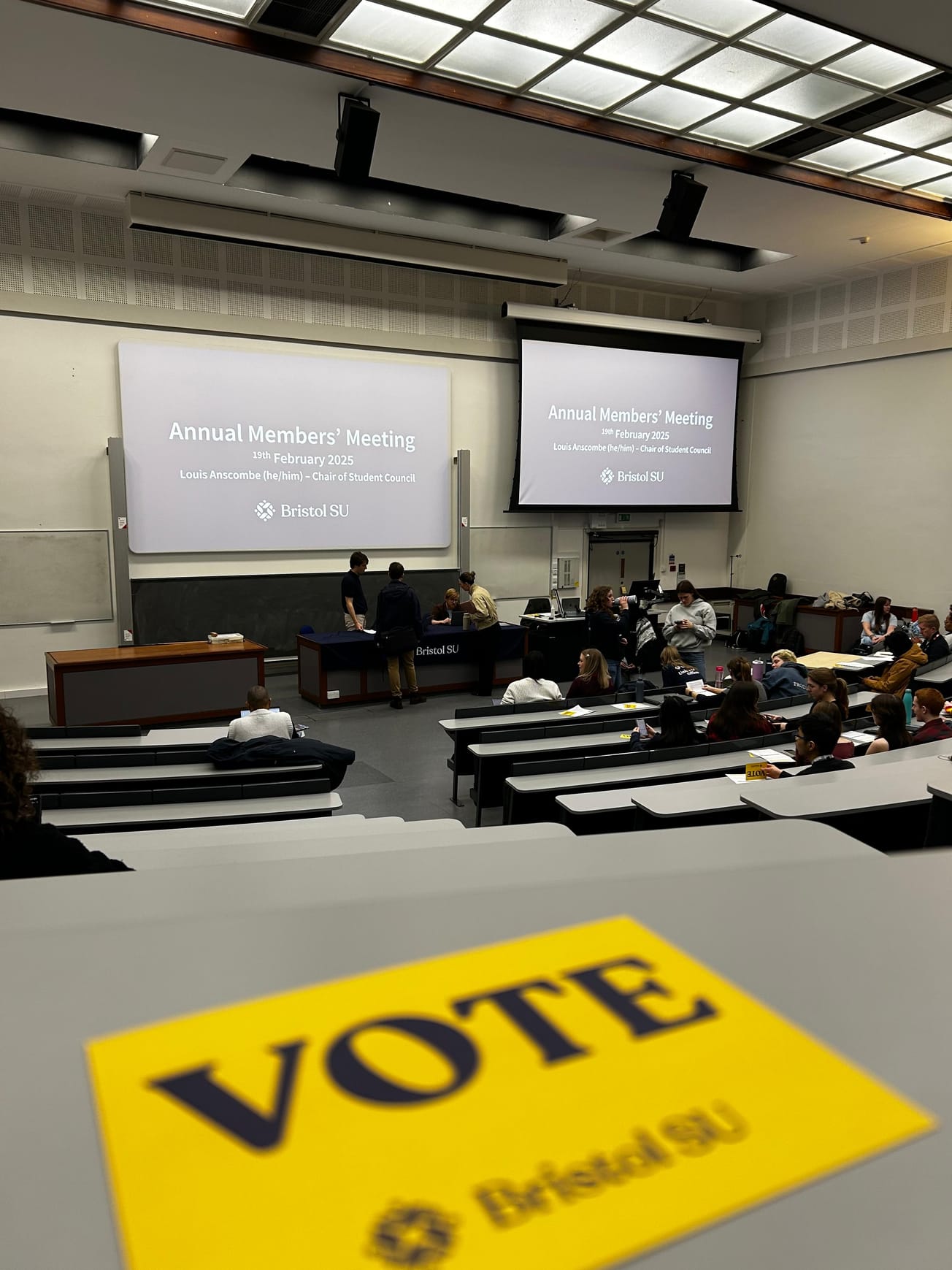By David Thirkeld, Third Year History
Director Aneesh Chaganty’s thriller Searching is underpinned by a concept many may dismiss as gimmicky from the trailers, but it is well-executed and with more depth than expected.
The approach isn’t entirely unprecedented however. Horror films like The Blair Witch Project (1999), and more recently, Unfriended (2014) used supposed camera footage and screen-captures respectively to draw the viewer closer to their characters and let us experience an intimacy that was unique for its time.
In the same vein, Searching positions the audience as a close onlooker from the viewpoint of numerous digital screens, immersing us in the private lives of central characters David (John Cho) and Margot Kim (Michelle La), his missing daughter.
Our lens into Margot’s world is Tumblr, Facebook and Instagram, and other social media platforms. In these are the puzzle pieces to a mystery which we are as much of a participant in solving as David is. What Searching achieves to surpass both Blair Witch and Unfriended is its ability to merge an unyielding tension throughout with moments that suffuse genuine warmth and emotion.
Our lens into Margot’s world is Tumblr, Facebook and Instagram, and other social media platforms. In these are the puzzle pieces to a mystery which we are as much of a participant in solving as David is.
The film’s exposition is reminiscent of the cathartic "Married Life” scene from Pixar’s Up (2009); David and Margot try to remain hopeful as mother Pamela Kim (Sara Sohn) struggles in vain against Lymphoma. The early scenes establish the dynamic between father and daughter that leaves us struggling to draw a sole answer for why Margot goes missing later on.
The film’s denouement is similarly stirring. This is in no small part due to a vibrant score crafted by Torrin Borrowdale which seamlessly blends rousing orchestral music (featuring Margot’s favourite piano piece) with an ominous and suspenseful electronic sound. In fact, this soundtrack cannot be praised enough for its contribution to the ever-gaining momentum of the story as it builds to its climax.
To counteract the murky subject matter, there are slices of light-relief by Chaganty. These are dealt with appropriately in their occasional glimpses, perhaps providing a lesson to Marvel’s Cinematic universe that more is not necessarily better in this regard.
There is never a moment where Searching loses focus from its story and it is a film that demands attention. That such an emotionally literate outcome is possible in the format that Chaganty has adopted is admirable to say the least and justifies the inordinate two year production period required to make the film. In an interview with Fox 5, actress Debra Messing explained “you have no human being to act with, you have to do it all in your head”, referring to the unique process of filming the exchanges between her character, Detective Rosemary Vick, and David Kim (Cho) through computer screens.
Yet, despite the unusual methods needed, the feature truly flourishes because of resounding portrayals by the cast, especially lead actor Cho. With this performance, has released himself from the enduring clutch of teen comedies American Pie (1999) and Harold and Kumar… (2004).
There is never a moment where Searching loses focus from its story and it is a film that demands attention.
Searching seeks to confront the theme of technology, specifically social media, and its pervasiveness in our culture today. It deals with it even-handedly, depicting the digital age as one with both drawbacks and advantages. The toxicity of social media and the news is depicted by the public reaction to the case. A news channel features inappropriately dramatic music to accompany news alerts of Margot’s whereabouts, unfolding more as a theatrical piece than a broadcast. David witnesses the effects of online disinhibition too as users display a stark lack of empathy for his plight. Margot’s school ‘friends’ sacrifice compassion for clicks and views, claiming a closeness to her which we know to be grossly dishonest.
Others online suggests David himself must be responsible; as one user says: “we all know how these things turn out”. Though all of this pales in comparison to the alarming reality that the lead admits to when he says: “I don’t know my daughter.” As Margot finds her identity online we are reminded that there is nothing that truly compares to genuine human interaction. Even so, it is ultimately through social media that Cho pieces together his daughter’s life while attempting to find her, so not all is bleak for technology here.
Whether the unusual format can outlast Searching remains to be seen, but it has certainly been buoyed by this deft thriller triumph.
Featured image: Instagram / @ba9jin









